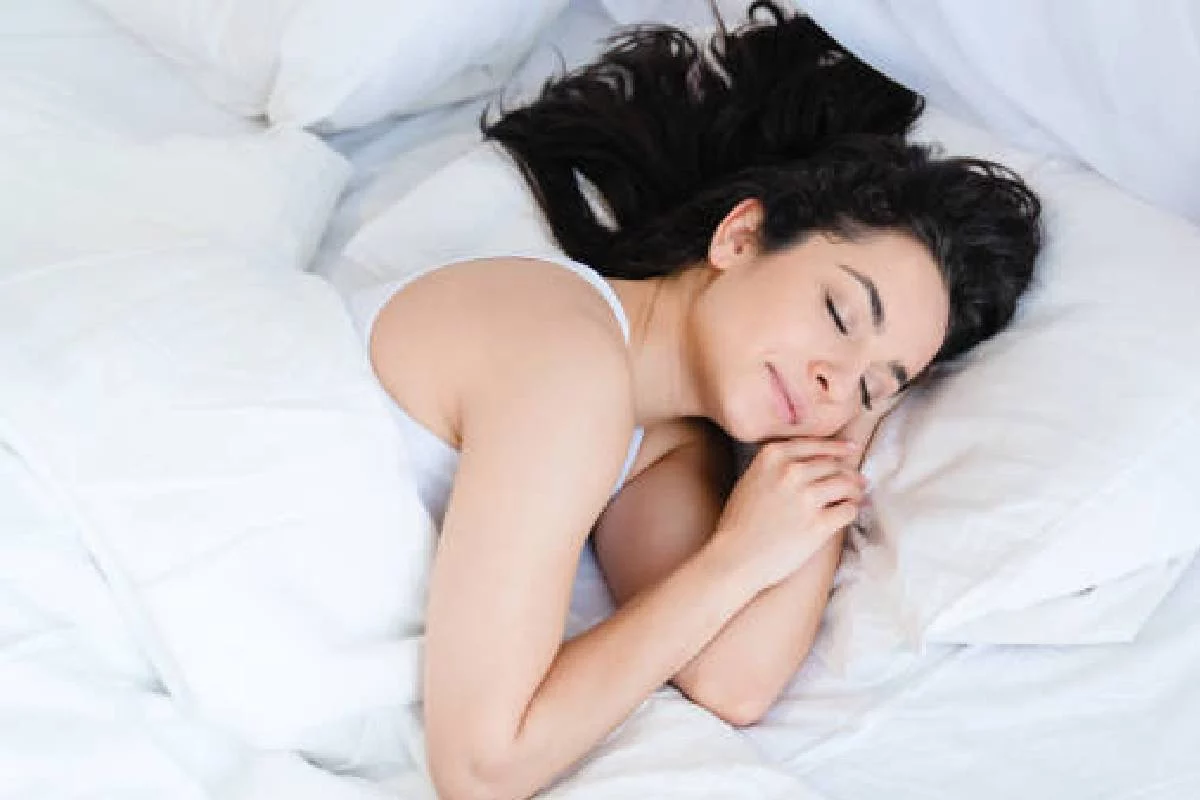The inability to fall asleep is a frequent issue. This causes sleep problems occasionally or for a brief period for many people. Most of the time, this can be resolved by adjusting your sleep habits. This comprises:
- Restricting daytime naps to 30 minutes or less,
- exercising daily for at least 10 minutes,
- Abstaining from stimulants like caffeine before bed
- Avoiding large meals before bedtime, such as those that are fatty or fried
Typically, nonprescription sleep aids are seen as natural. They support sleep, relaxation, and also anxiety reduction. Natural sleep aids are connected to other healthy behaviors, including pain reduction as well as better digestion.
It might be as easy as altering routines, nutrition, or behaviors to get enough sleep. Always start with non-pharmaceutical, non-herbal methods.
Natural Sleep Aids
People generally believe natural sleep aids are less dangerous than over-the-counter and prescription drugs. This is because they typically have fewer side effects than equivalents available only by prescription.
It would be best to use caution when using herbs, frequently utilized as natural sleep aids because they aren’t governed by the U.S. Food and Drug Administration (FDA).
Any potential conflicts between a herb you want to consume and any existing medical issues or prescription medications should be discussed with your doctor.
List Of Natural Aids To Induce Sleep
1. Chamomile
The soothing plant chamomile provides a calming effect. It encourages rest and sleep. Chamomile tea is effective in enhancing postpartum women’s sleep quality. It decreased depressive symptoms.
It also improves digestion, reduces headaches, relaxes muscles, and also soothes and cures skin
2. Valerian
The root of the plant is used to make the herbal medication valerian. Although it has been found to have sedative properties, more study on this herb is still required. Because valerian and other drugs can interfere, you should speak with your doctor before using.
Valerian effectively treats insomnia and also enhances sleep quality in postmenopausal women. For four weeks, study participants consumed 530 mg of valerian extract twice daily.
Hops, lemon balm as well as other herbs, can be used with valerian. It’s recommended to raise your dose gradually over time. It would be best if you continued using valerian for two to six weeks after your sleep quality improved.
Gradually lower your dosage when you want to stop using something. Sudden cessation of use may result in anxiety or withdrawal symptoms.
Valerian may ease:
- stomach pain and menstrual cramps
- joint and muscle aches
- depression
- headaches
Valerian might lead to:
- distorted reasoning
- uneasy stomach
- dizziness
- irritability
If you encounter any strange symptoms, avoid using valerian.
3. Hops
The female blooms of the hop plant are known as hops. They are used as a herbal remedy and to flavor drinks like beer.
Hops have been demonstrated to enhance sleep. According to a study, non-alcoholic beer and hops improved university students’ sleep quality.
Hops can occasionally be combined with other plants, such as valerian. They may make some types of depression worse. If you suffer from a hormone-sensitive ailment, you shouldn’t consume hops.
4. Passion Flower
Chemicals found in the passionflower plant provide a relaxing effect. Sometimes combined with other plants in a herbal combination, it induces sensations of relaxation as well as sleepiness.
When used for four weeks, passionflower was shown to improve sleep issues. Study participants also reported reduced anxiety levels.
The herb can be taken as a pill or made into tea before bed. Before bed, 10 to 30 drops of passionflower extract are advised. Passionflower shouldn’t be taken for more than two months at a period. It may ease pain, anxiety, muscular spasms, inflammation, and also menopausal symptoms.
If you are nursing or pregnant, avoid taking passion flowers. This herb interacts with various drugs, sedatives, and also blood thinners. Passionflower cannot be taken by those who are taking certain antidepressants.
If you start to experience any strange effects, stop using.
5. Lavender
It is a fragrant plant used to manufacture oil, perfume, and medication. It is believed to improve health and well-being. Its soothing effects may aid in sleep facilitation.
A reputable source has shown lavender helps postpartum moms sleep better. For eight weeks, participants breathed on lavender aroma before bed.
Lavender essential oil should always be diluted with water or carrier oil, like olive oil. A patch test should be performed before applying diluted essential oils to your skin.
Stop using it immediately if you start to experience any strange symptoms. If your symptoms continue, speak with your physician.
Never consume essential oils internally.
Also read – https://herbalrelm.com/2022/11/04/delicious-spices…ealth-advantages/
